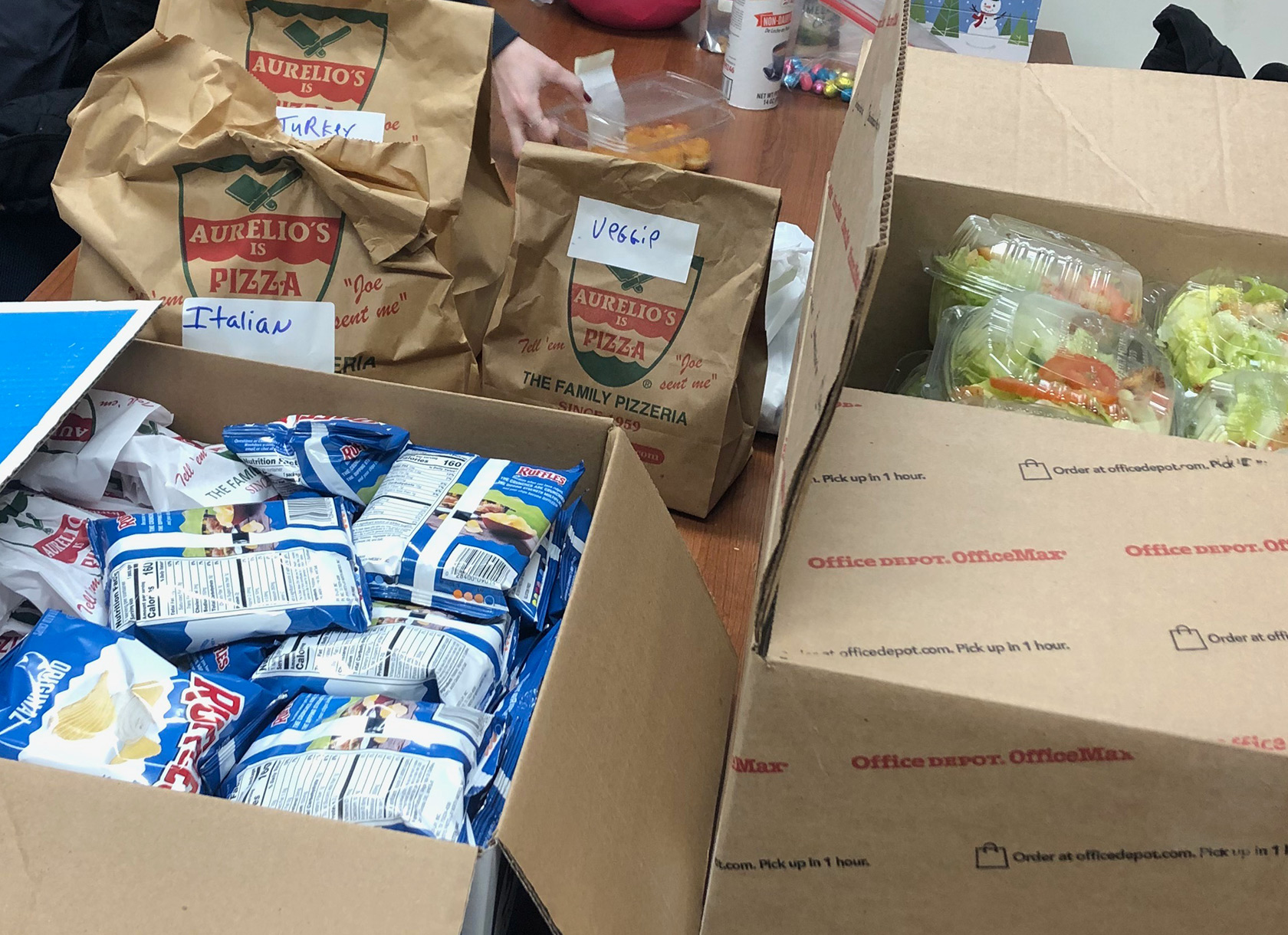
Amid the confusion and misinformation that defines so much of the public’s understanding of COVID-19, one thing that there seems to be unilateral agreement upon is the adverse mental health effects of the pandemic on frontline health care workers. The media and health institutions, including the Centers for Disease Control and Prevention, several scientific journals, and numerous news outlets, have reported on the phenomenon, with a recent review by the Asian Journal of Psychiatry concluding that among other psychological and demographic factors, “[t]here is increasing evidence that suggests that COVID-19 can be an independent risk factor for stress in [health care workers.]”
Lillian Hahn ’21, a science management major on the public health track, identified a cohort among health care workers who may be even harder hit: those who work the night shift.
“My cousin is a night shift patient care technician at Alexian Brothers Hospital in Elk Grove, Illinois. We were talking about all the outpouring of aid for health care workers, but she expressed that as a night shift worker, she was not benefiting from any of that,” says Hahn. “She talked about how the day shift workers had received elaborate meals, snacks, and other morale boosters, but very little of that trickled down to the night shift.”
Supported by a Laspa Center for Leadership Community Action Grant, a program the College implemented in the spring that supports the creation of a project that helps a student’s home town community better cope with the effects of the pandemic, as well as additional funding from the Keeling Family Foundation, Hahn set out address the dearth of support offered to night shift health care workers. With her project, “Feeding Our Frontline Heroes,” Hahn organized a series of meal deliveries to hospital night shift workers. To date, she has delivered 703 meals, which served not just the hospital’s medical staff, but also its janitorial and support staff.
“Hospitals have very strict policies regarding what goes in and out right now. My main task was coordinating with the major parties. With the help of my grandpa, I secured a great deal with Aurelio’s Pizza to provide meals for each healthcare worker at a reasonable price. But as regulations shifted, the process became more complicated. The first time we were able to do a large order with big shareable pizza, pasta, salad, and sides, but by the second order, regulations called for each meal to be individually packaged,” says Hahn. “As a science management major, I have always been interested in both the science and business behind healthcare, and I hope to be a doctor and maybe run my own clinic one day,” she adds. “This project helped me develop skills and awareness that will contribute both to a career as a physician and an administrator, because I got some much exposure to how hospitals are actually run.”
“But most importantly,” Hahn continues, “this grant enabled me to help populations in need, a key tenet to the job of a physician, and something I hope to achieve as a doctor every day.”

